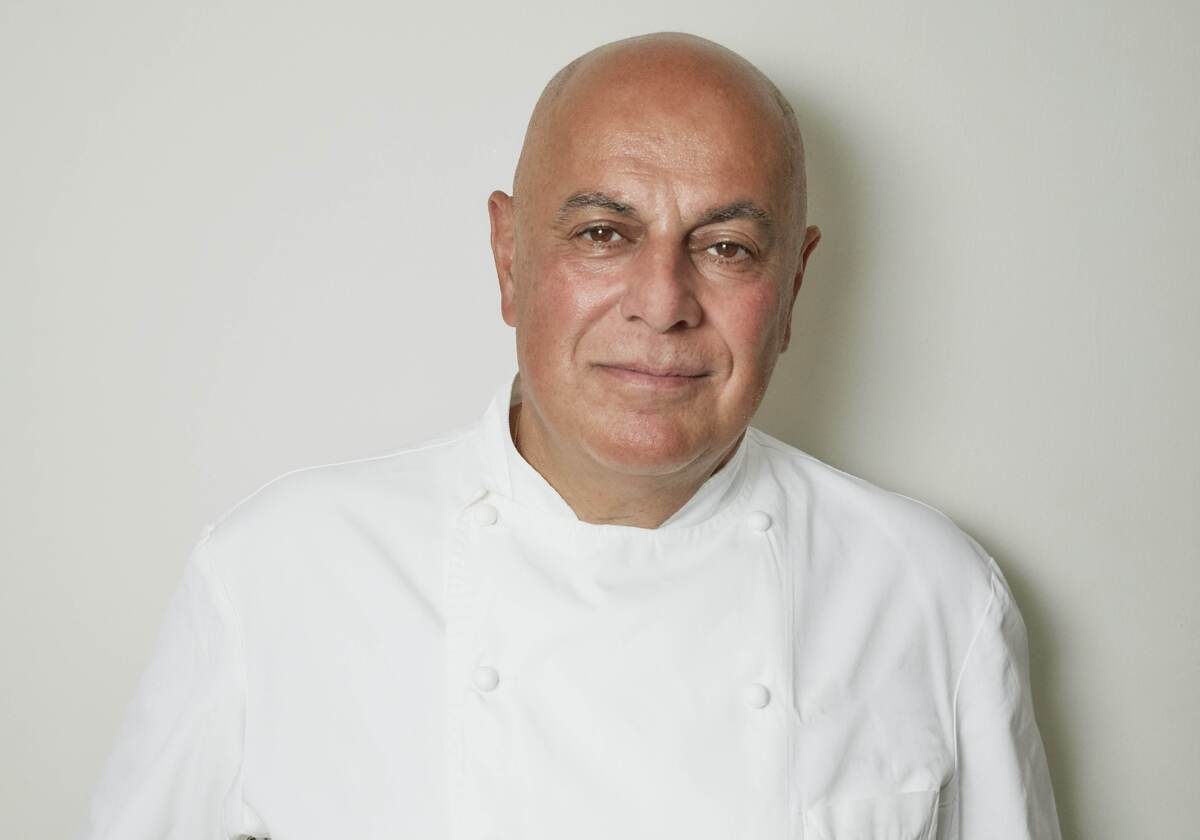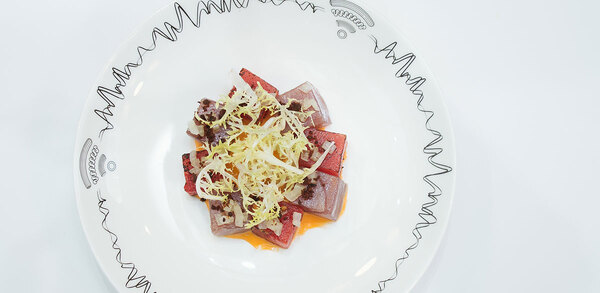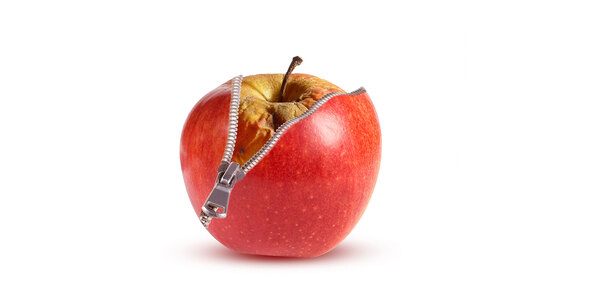Minute on the clock: James Collins, nutritionist
Nutritionist James Collins has worked with GB athletes and for seven years was head of nutrition for Arsenal FC. His recently published book, The Energy Plan, offers advice on how people, including hospitality workers, can apply the nutrition principles he has developed with top athletes to fuel their shifts and optimise their own performances on the floor. He talks to Katherine Price
What are the similarities between hospitality and sports?
There's tremendous pressure to deliver a ‘performance' each day in hospitality, to be your absolute best. Whether the general manager, the chef or the waiter on the ground, each person is a touchpoint for the brand. It's about fuelling their body to have the energy during their shift.
So where do you start?
tofu), which are the proteins for the growth and repair of our bodies. Our body uses fat as a source of energy when we're doing low- intensity work. The other type of fuel is carbohydrates (oats, wholewheat pasta, rice), used when activity is more intense - but it's also for the brain to aid decision-making. Protection foods - fruit and vegetables - are extremely important for our immune system and cell repair each day.
The next stage is to understand how you build your âperformance plate' depending on your needs. For people who are âperforming' for long periods of time, during a shift, for example, it's vital that what they eat beforehand provides the right amount of energy for them to maintain that performance.
What kind of foods should people be eating pre- and post-shift?
It's about tailoring what your body needs - having a fuelling meal before your shift, then having some maintenance food and some protection foods before bed to help you recover overnight. Often this can be pre-prepared, some sort of lean meat - smoked salmon, mackerel, chicken or turkey - along with a fresh salad.
Some people want something more, like a Greek yogurt and they can add nuts or berries. We don't need fuel then because our energy needs for the day have been met.
What about snacking or if people are trying to fit in meals mid-shift?
In a perfect world we'd have three meals a day, but it's not the way people live, so having good-quality snacks on-hand is crucial. We're always looking to have a protein base - something that can be easily prepared and stored: a low-fat Greek yogurt is very versatile, or nuts, edamame beans or smoked salmon on rye bread.
How can people ensure they keep to these principles?
The glue is the weekly check-in, making some time to plan the week ahead, especially with 10 days on shift. You need to make sure you have what you need so decision-making becomes really easy.
When you put a goal in place, you have to think whether it get you out of bed on a cold February morning. It has to be meaningful. Goals tend to be wishy-washy: âI want to be more healthy', âI want to lose a bit of weight' - but how do you define that? How is that measurable? What's your motivation? Be clear on specifically what that is - do you want to improve your fitness, energy levels, reduce body fat or increase muscle? You have to be able to evaluate that.
YO! Sushi launch âgenetically tailored nutrition' offering with DNA testing >>
The Caterer interview: Sophie Murray >>
Get The Caterer every week on your smartphone, tablet, or even in good old-fashioned hard copy (or all three!).
















